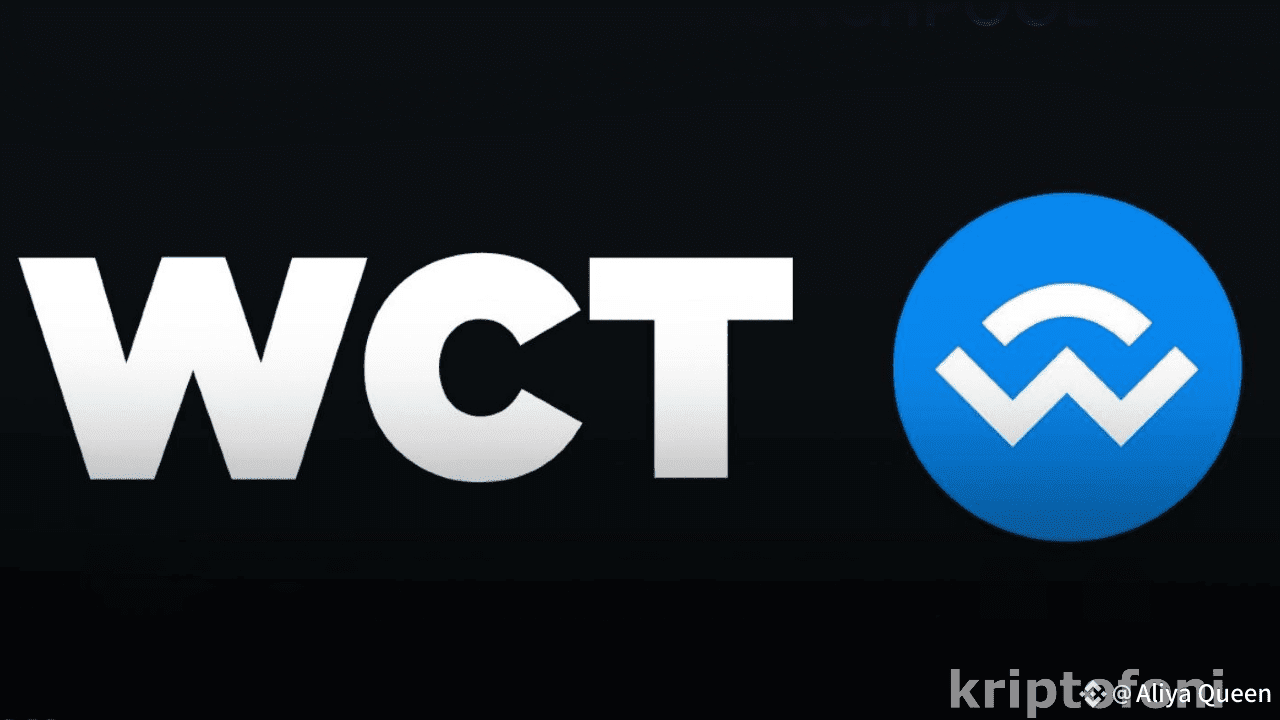Introduction to WalletConnect’s Vision
WalletConnect is redefining how users and decentralized applications (dApps) interact in the Web3 ecosystem. Launched in 2018, the WalletConnect Network has become a cornerstone of onchain user experience (UX), facilitating over 221 million secure connections across 4.1 million unique active wallets. With the introduction of the WalletConnect Token ($WCT), the protocol is advancing toward a fully decentralized, community-driven model. This article explores the innovative Smart Sessions feature, the evolving fee structure, the role of node operators, and the growing potential of WCT in shaping the future of Web3.
Smart Sessions: Redefining User Experience
One of WalletConnect’s most exciting developments is the Smart Sessions feature, set to transform how users engage with dApps. Smart Sessions allow users to grant limited, permissioned access to approved applications or AI agents, enabling seamless transactions without repetitive wallet approvals. This eliminates the friction of constant pop-ups, streamlining interactions across multiple dApps. For example, a user could authorize a DeFi protocol to execute specific actions, like swapping tokens, within predefined limits, enhancing both security and usability. By integrating AI-driven automation, Smart Sessions pave the way for smarter, more intuitive wallets that adapt to user preferences, making Web3 accessible to a broader audience. This feature, combined with Link Mode for automatic reconnections, positions WalletConnect as a leader in onchain UX innovation.
Evolving Fee Structure: Fueling Decentralization
Currently, WalletConnect’s relay services are free, ensuring broad adoption across 600+ wallets and 67,000+ projects. However, the network is exploring a fee model through community governance, where WCT would be used to pay for services like message relays and session management. These fees would incentivize node operators and support the network’s long-term sustainability. Governance proposals, voted on by $WCT holders, will determine fee structures, ensuring transparency and community control. This shift aligns with @WalletConnect s roadmap to transition from a permissioned to a fully permissionless network, reducing reliance on centralized infrastructure and fostering a robust, decentralized ecosystem.
Node Operators: The Backbone of the Network
Node operators are critical to @WalletConnect s decentralized architecture. The network relies on Service Nodes, which store and retrieve messages, and Gateway Nodes, which handle encrypted communication between wallets and dApps. Operators must stake a minimum of 100,000 $WCT for at least 52 weeks to participate, earning rewards based on performance metrics like uptime and latency. As of 2024, 16 node operators, including Consensys, Kiln, and Ledger, have joined, with plans to onboard more by mid-2025. This expansion enhances network resilience and scalability, ensuring secure, tamper-proof transactions. The WalletConnect Foundation is also introducing Auditor Nodes to monitor performance, further strengthening decentralization.
$WCT: Powering Governance and Rewards
The WalletConnect Token ($WCT), launched on Optimism’s OP Mainnet, is the economic backbone of the network. With a capped supply of 1 billion tokens, $WCT serves four key functions: governance, staking, rewards, and potential fees. Token holders can vote on protocol upgrades, fee adjustments, and resource allocation, giving the community direct influence over the network’s evolution. Staking $WCT secures the network and offers weekly rewards, with longer lock-up periods yielding higher returns. Airdrops, such as the 50 million token Season 1 distribution, incentivize early adopters and contributors. As transferability was enabled in April 2025, $WCT’s utility and demand are poised to grow, reflecting its critical role in Web3 infrastructure.

The Road Ahead for WalletConnect
Looking to 2025, WalletConnect is set to solidify its position as a Web3 UX leader. The adoption of Smart Sessions and Link Mode will streamline onchain interactions, while the expansion of node operators and governance mechanisms will drive decentralization. The potential introduction of $WCT-denominated fees will create a sustainable economic model, rewarding participants and ensuring network resilience. With a 240% growth in connections over the past year, WalletConnect’s impact is undeniable. As Web3 evolves, $WCT holders, node operators, and developers will play a pivotal role in shaping a decentralized, user-centric digital future. Stay connected with WalletConnect to be part of this transformative journey!

